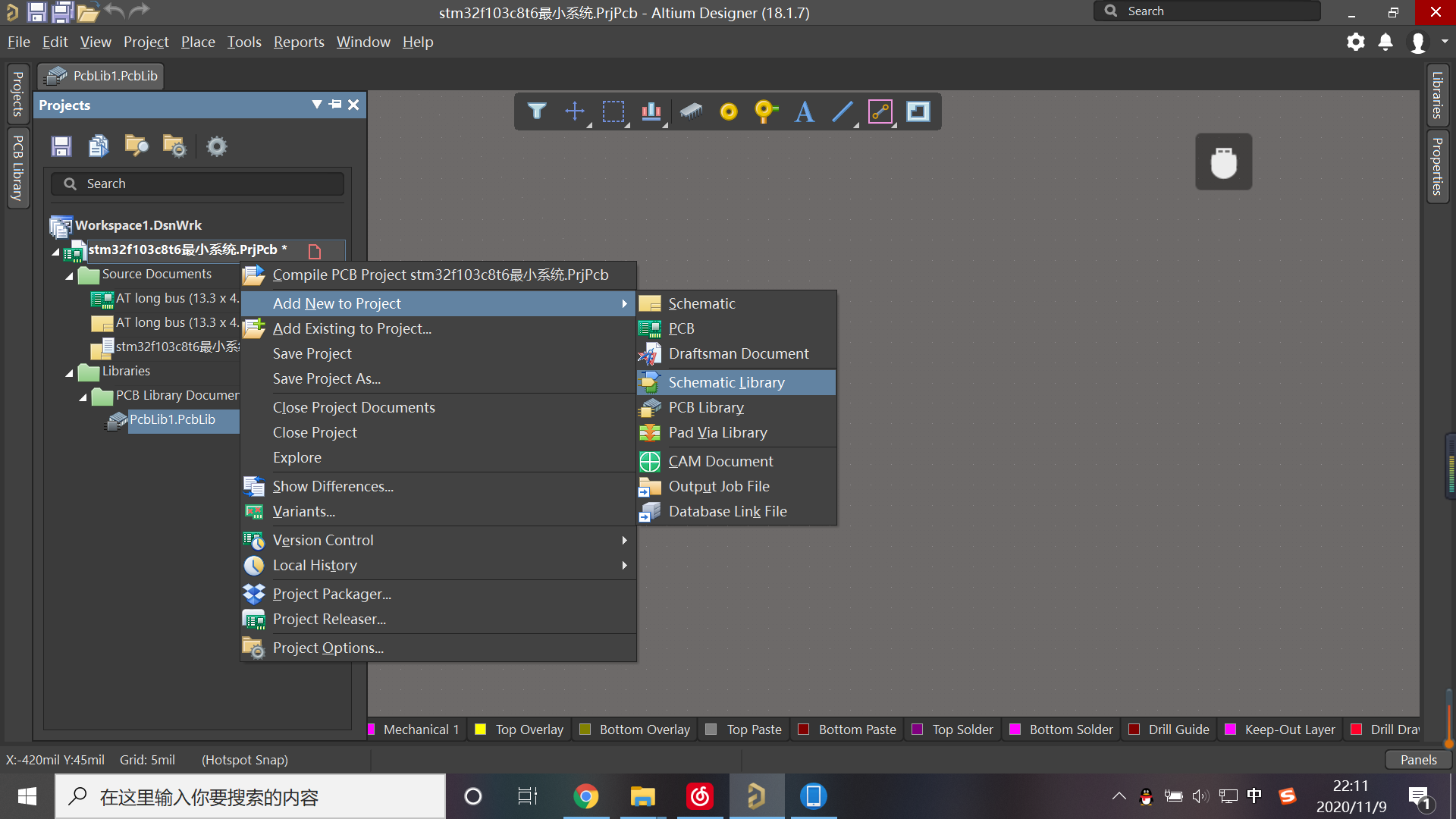
But that footprint is for the entire board, with all connectors and mounting holes. I found symbols for Nucleo-144 in the MCU_Module folder and footprints in the Module folder. I found this template for 5.1 but couldn’t use it from 5.99. Try importing those schematics into KiCad 5.99įind an existing template for KiCad 5.99. I’m thinking of having just 100 pin Morpho headers but keep the Zio (Arduino) header. Andh ere’s the schematic pack for the Nucleo-144. The nucleo-114 user manual MB1137 has a lot of information. Now, how do I go about creating such board? The board exists in three variants Nucleo-32, Nucleo-64 and Nucleo-144. Now I want to create a STM32 Nucleo board for the 100-pin stm32f105vc MCU of which we have plenty at work from old boards. I’ve followed the Getting Started tutorial, then created my own small dev board just for experimenting. As a franchised distributor, Omni Pro Electronics supplies the entire line of Monolithic Delay Lines, Tapped Delay Lines, Multiple Delay Lines, Programmable Delay Lines and Variable Delay Lines, Pulse Generators & Oscillators, and Passive Delay Lines.Software developer and Beginner KiCad user here. Temperature stability ☑.5% (-40☌ to 85☌)Ĭustom solutions are also available through Omni Pro Electronics.Quad 4-bit Line with Step Sizes from 1ns through 400ns.Step Sizes Range from 50ps through 20ns.The 3D3428 and 3D3438 have 3.3V CMOS compatible inputs and outputs while the other two have TTL/CMOS compatible inputs and outputs. The 8-bit 3D3428, 3D3438, 3D7428 and 3D7438 are programmable via serial or parallel interface and have a delay tolerance of 0.5% and typical supply currents of 2mA or 3mA. The 3D3424 has is available in steps sizes of 1ns through 300ns and has a Vdd stability of ☐.5% typical (3.0V to 3.6V), while the 3D7424 step size range is 0.75ns through 400ns with a typical Vdd stability of ☐.5% (4.75V to 5.25V). They also both have delay tolerance of 3% or 2ns, line-to-line matching of 1% or 1ns typical and a minimum input pulse width of 10% of total delay. The 4-bit 3D3424 and 3D7424 devices have four independent programmable lines on one chip and have a low quiescent current (5mA typical).

Temperature stability is typically ☑.5% (-40☌ to 85☌). These devices use all-silicon, CMOS technology and are vapor-phase, IR and wave solderable. Omni Pro offers the 8-bit lines with step sizes ranging from 50ps through 20ns, and a quad 4-bit line with step sizes from 1ns through 400ns.

These digitally programmable lines are used in medical imaging, industrial, aerospace and other timing-critical applications. Omni Pro Electronics has announced its release of the new 4- and 8-Bit Monolithic Programmable Delay Lines from Data Delay Devices. New Delay Lines with Digitally Buffered Inputs/Outputs allow for Programmable Delay Values


 0 kommentar(er)
0 kommentar(er)
